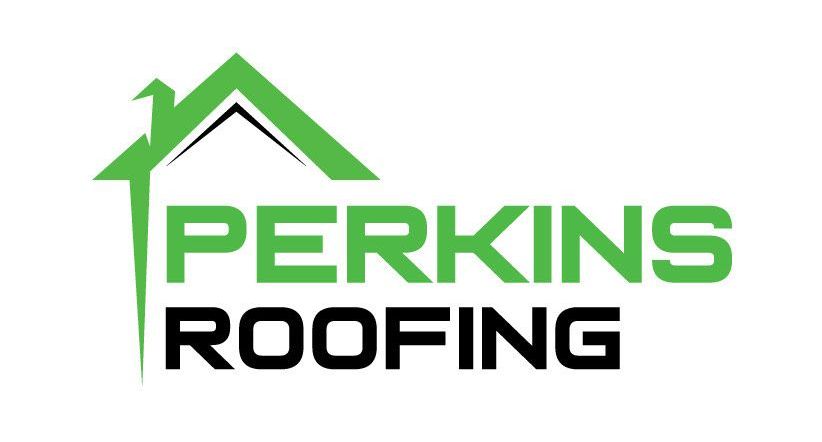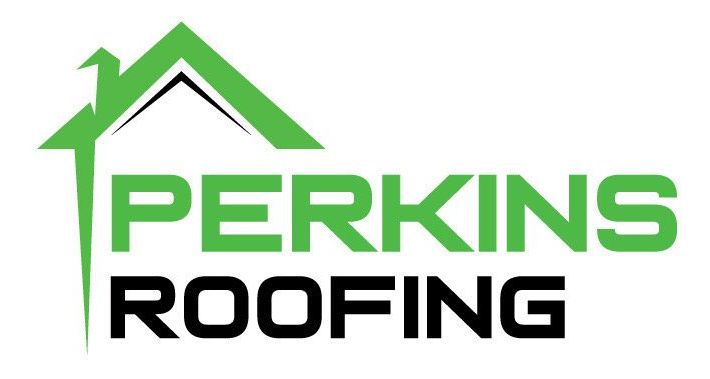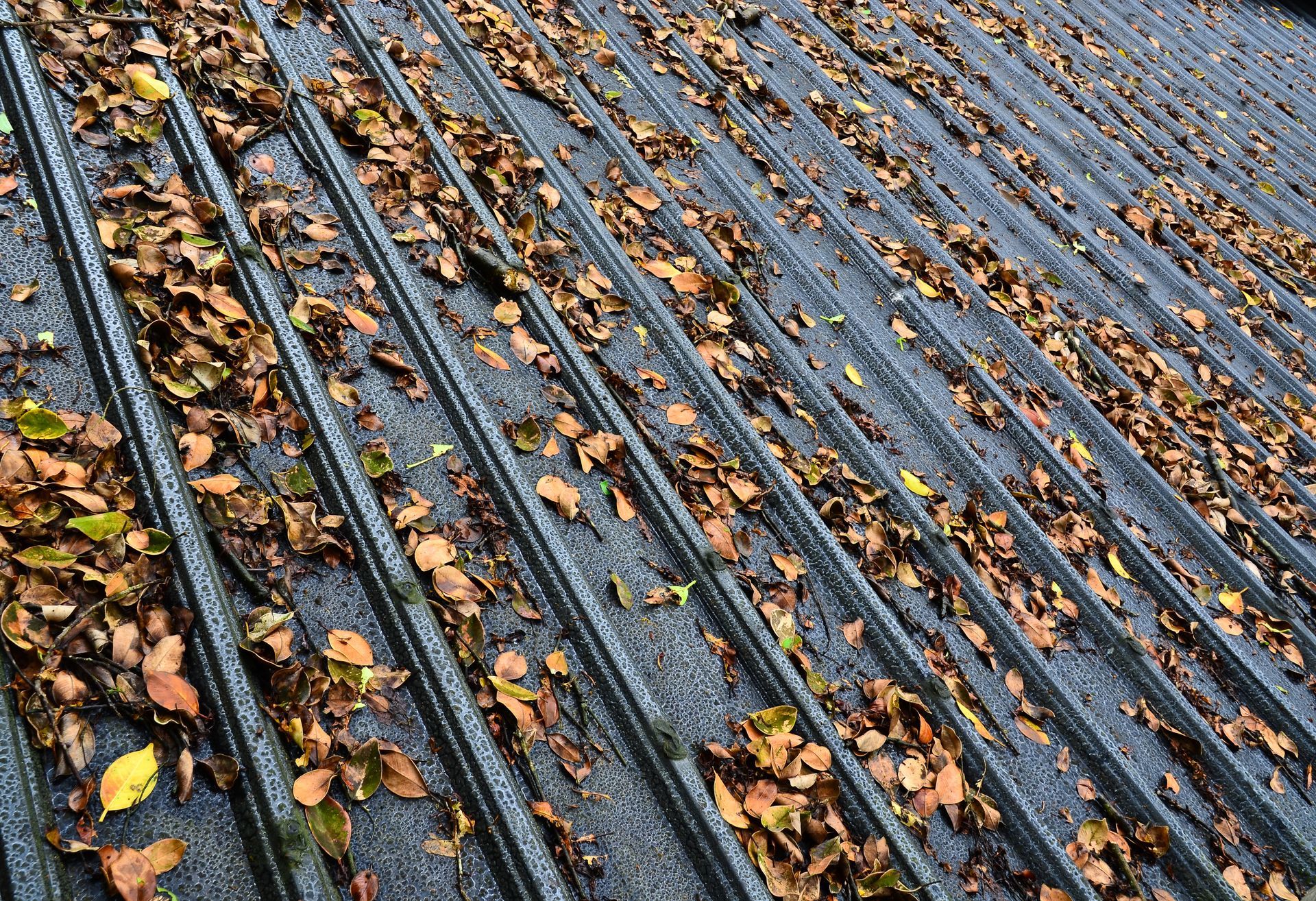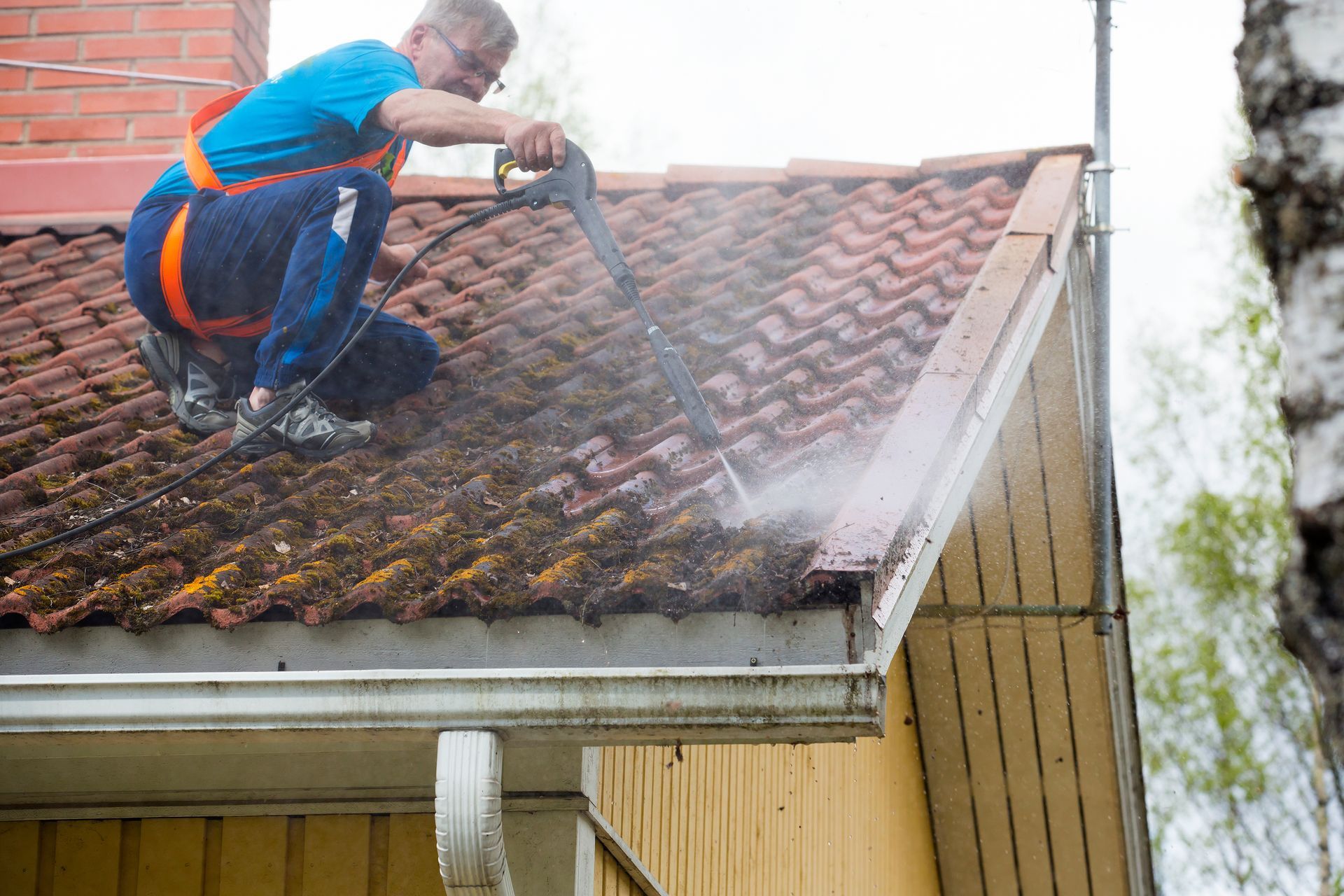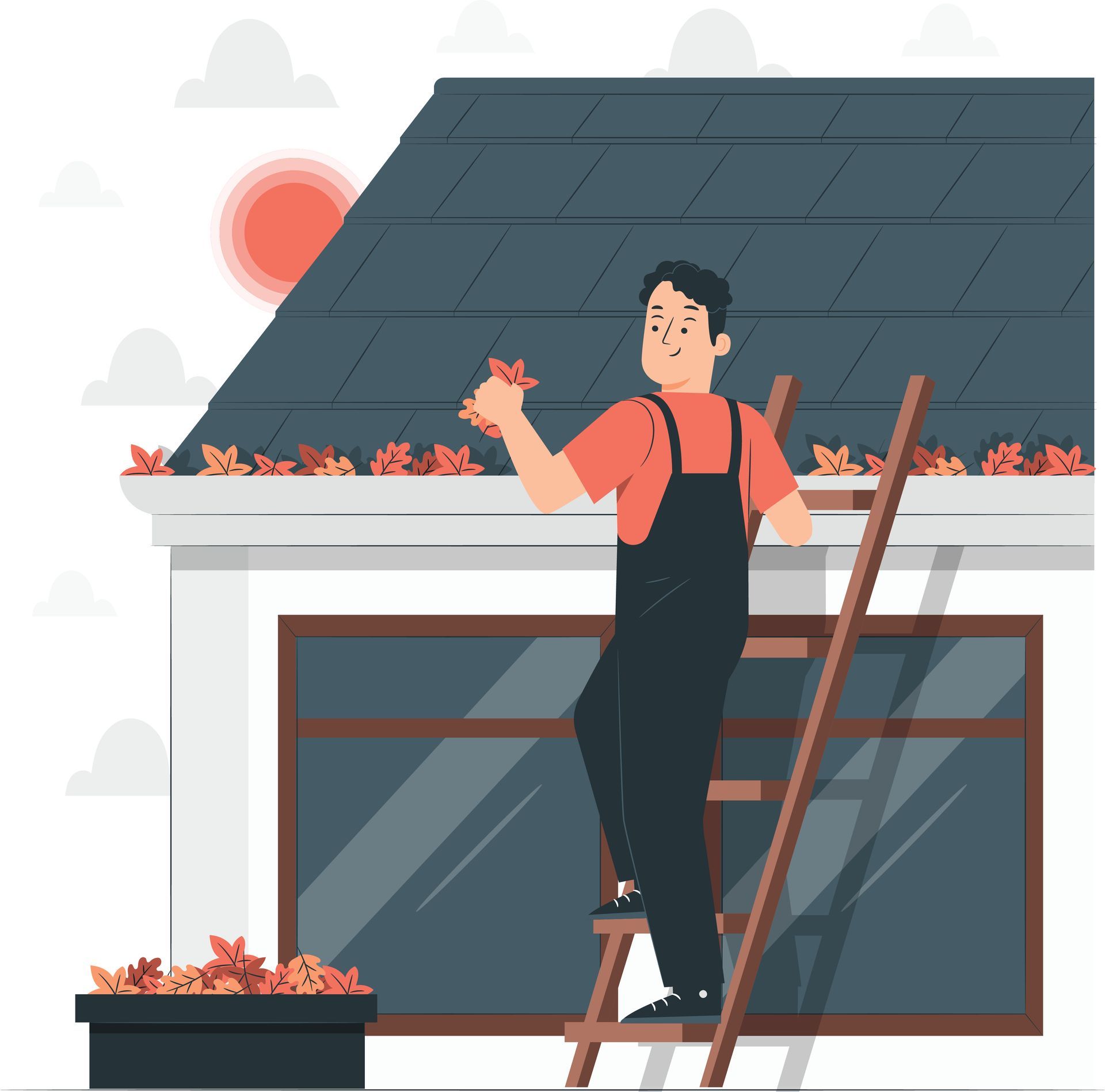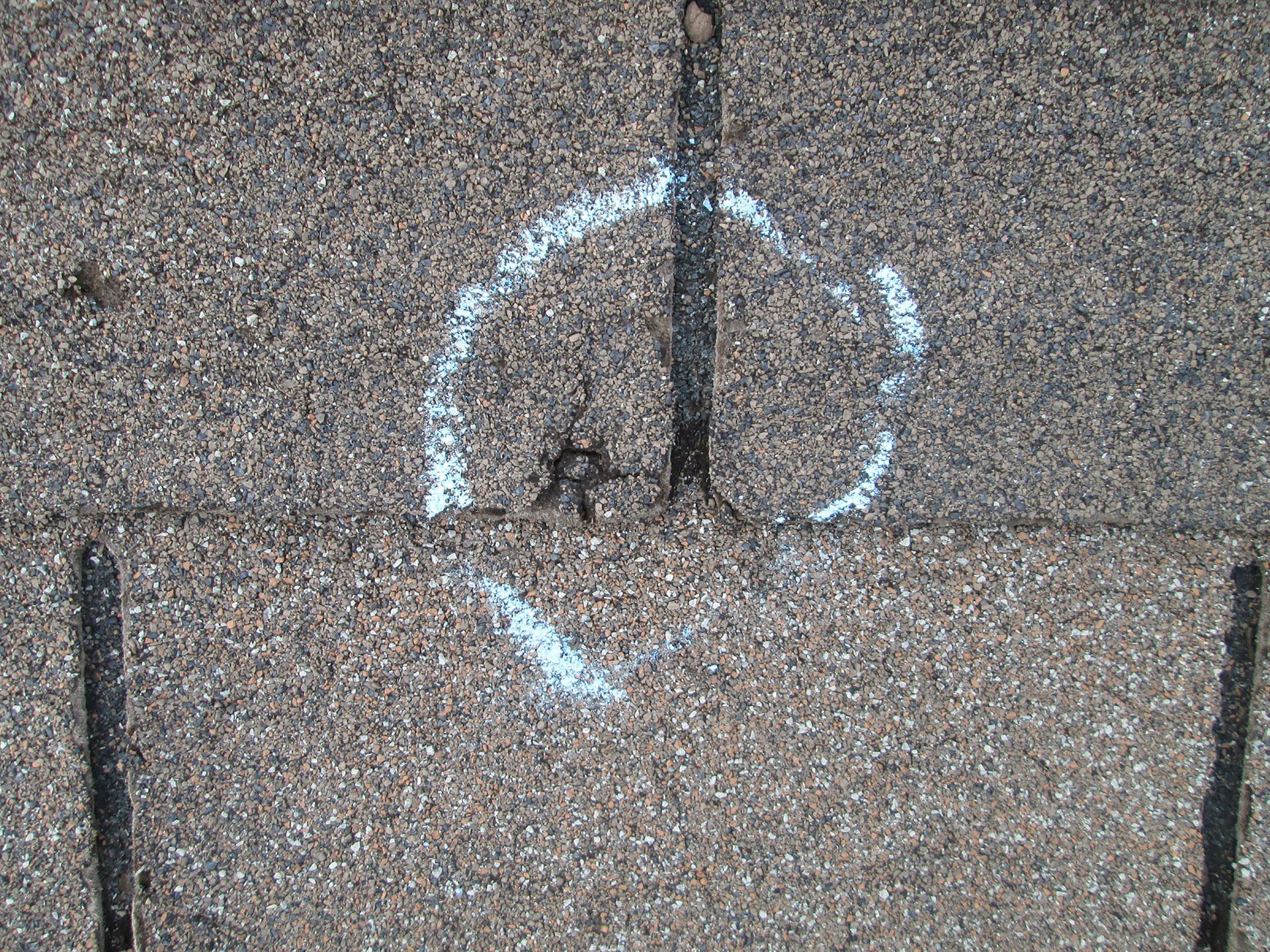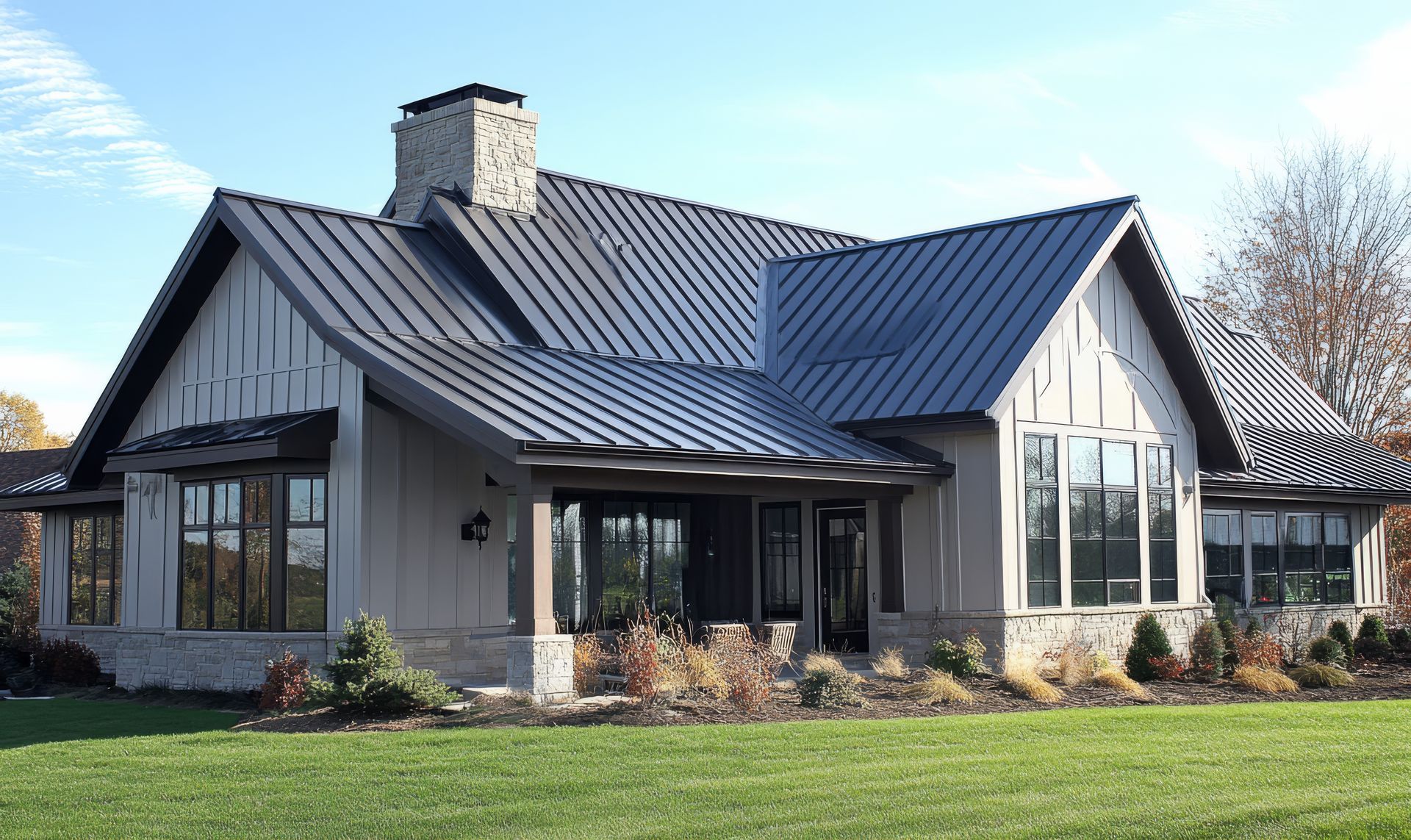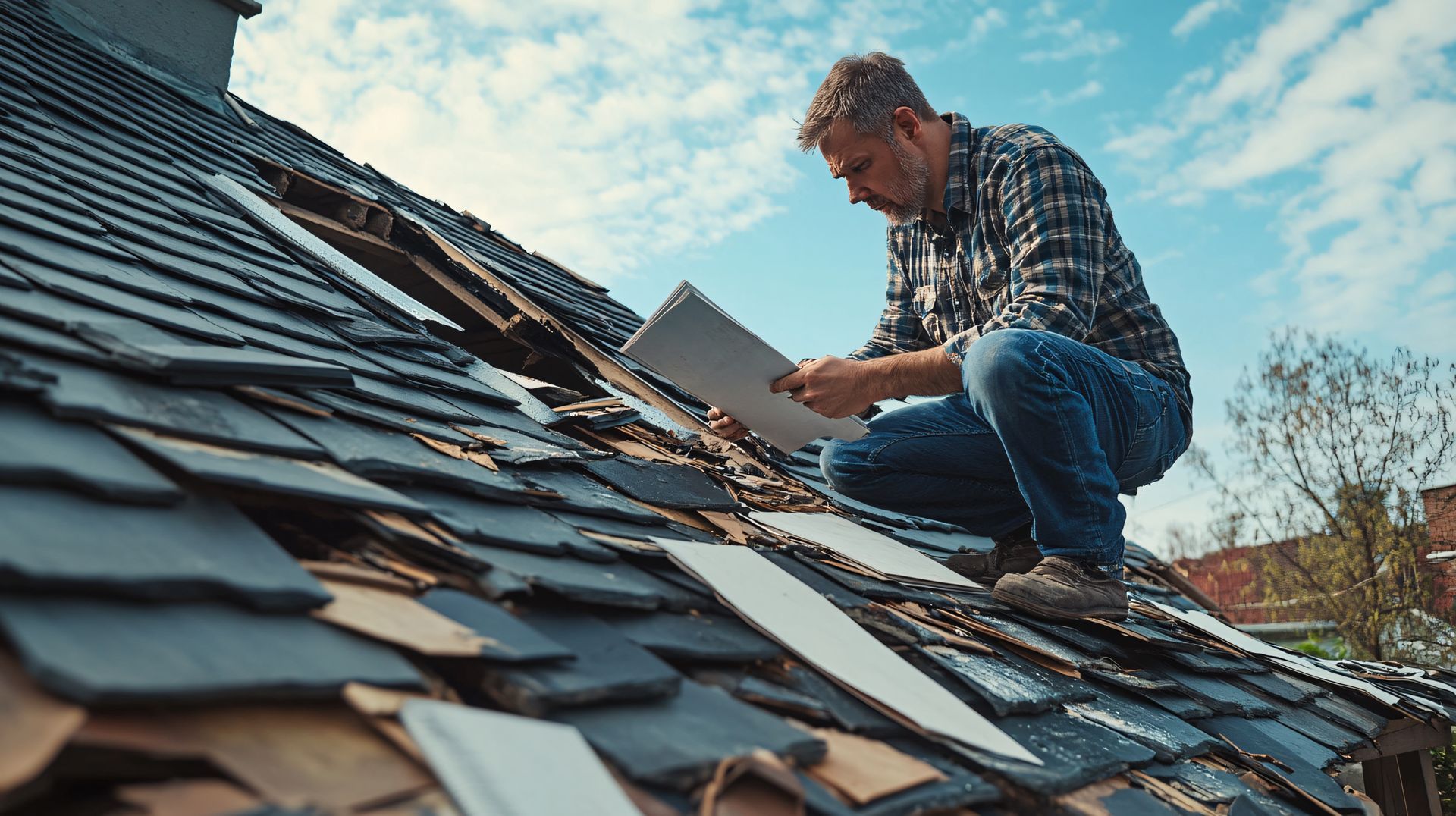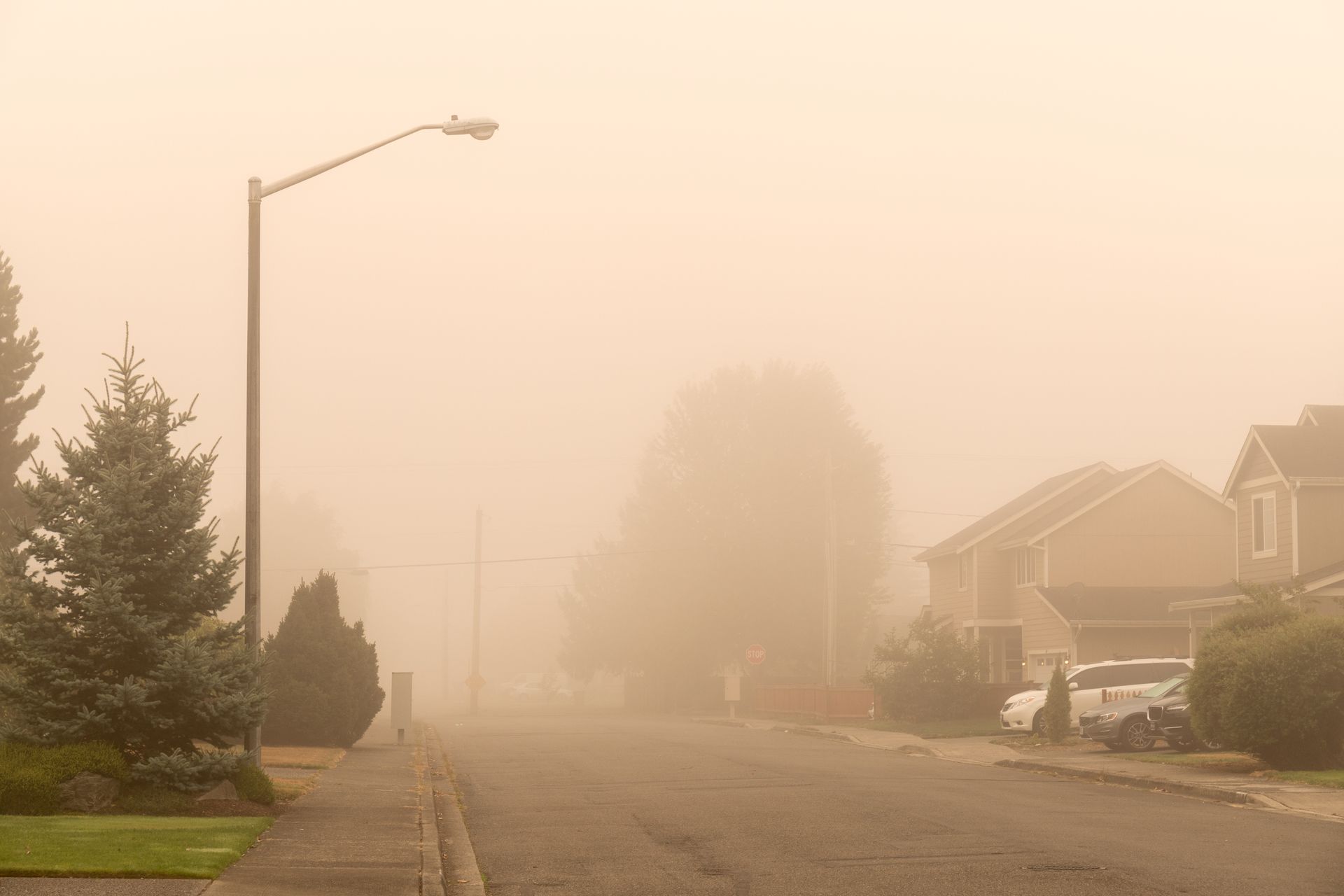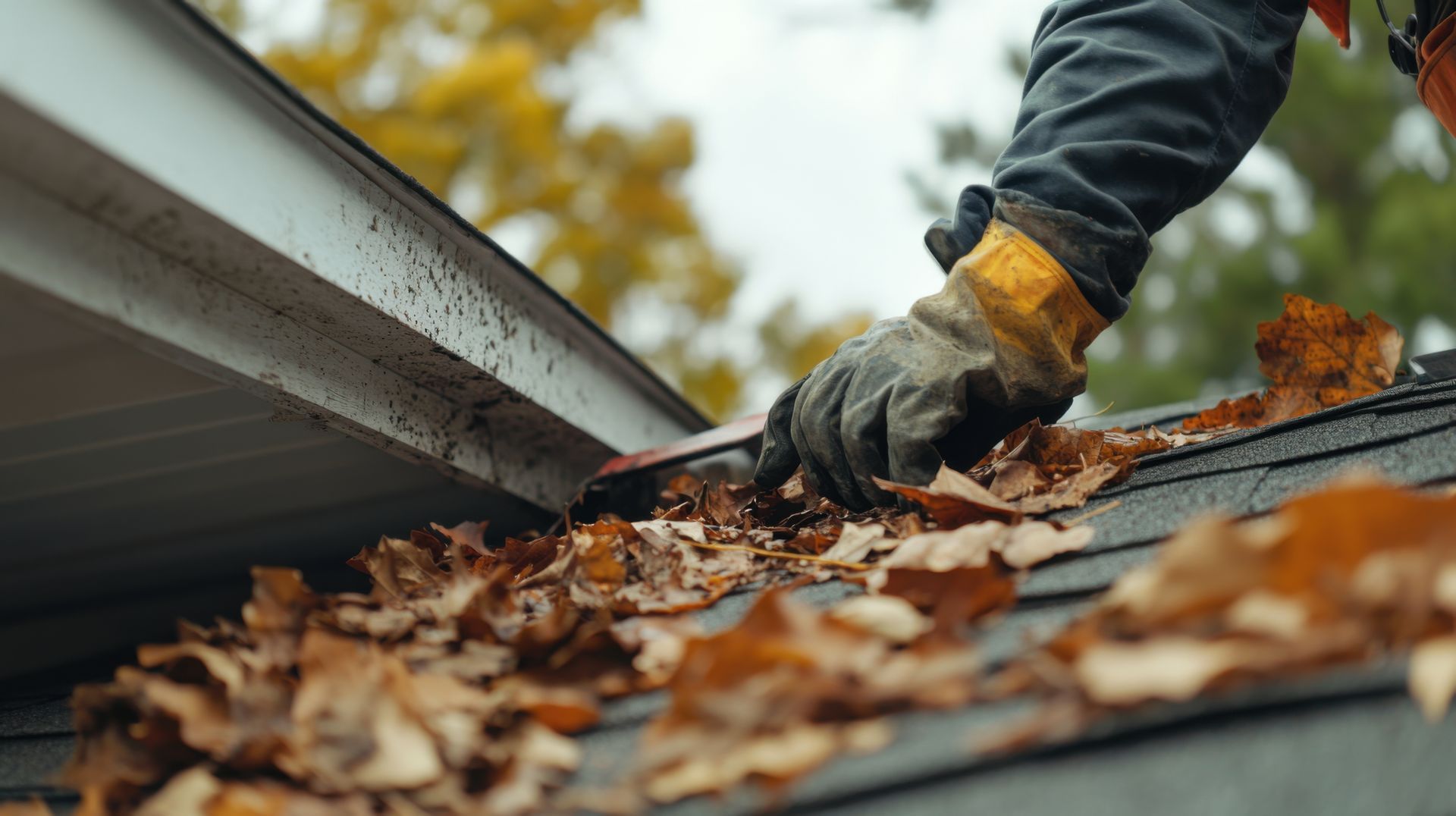How to Minimize Out-of-Pocket Expenses for Roof Repairs and Replacements

Roof repairs and replacements can be significant expenses for homeowners. Any damage that can be attributed to a named peril rather than normal age-related wear and tear should be covered. Unfortunately, damage from hail or wind isn’t always noticed right away, and sometimes it takes a discerning and knowledgeable eye to collect evidence that clearly shows roof damage should be covered.
There are some things homeowners should know and do to maximize their chance of a successful claim filing.
Act Quickly: Time is Money
The first step in minimizing out-of-pocket expenses is acting quickly when you notice roof damage or discover a leak. The longer you wait, the more damage can occur, potentially leading to more extensive and costly repairs.
Insurance companies also expect homeowners to mitigate damage promptly. Delaying action can result in denied claims or reduced claim payouts, especially if the insurance company believes some of the damage is attributable to the homeowner’s inaction.
Choose the Right Roofer
If you want to make sure your out-of-pocket expenses are minimized, it’s necessary to choose the right roofer. A detail-oriented roofer who is knowledgeable about the claims process can conduct a thorough inspection, identifying all damage, including hidden issues that might be overlooked by less experienced contractors. They can also provide detailed documentation, supplying the necessary paperwork, such as photos and comprehensive reports, to support your insurance claim.
An experienced roofer can advocate on your behalf, working with your insurance adjuster to make sure that all damage is accurately assessed and included in the claim. This expertise not only helps maximize your claim value but can also significantly reduce your out-of-pocket costs.
Claims Process: Repairs, Partial Replacements and Full Replacements
When you file an insurance claim for roof damage, the insurance company will evaluate whether the damage justifies repairs, partial replacement or full replacement:
- Repairs: If the damage is localized and minor, the insurance company may approve repairs. This is often the case for issues like a few missing shingles or minor leaks.
- Partial Replacement: If the damage is more extensive but the whole roof wasn’t affected, a partial replacement may be deemed sufficient. This might involve replacing one section of the roof.
- Full Replacement: If the roof is significantly damaged or past its useful life, a full replacement might be necessary. This is more common in cases of severe weather events, such as hailstorms or hurricanes.
Roof Depreciation: How It Affects Your Claim
One factor that may affect the claims process is the roof’s depreciation. For homeowners with actual cash value (ACV) policies, insurance companies will calculate the value of the roof based on its age and condition. For example, if a roof with a projected 20-year lifespan suffers catastrophic damage 10 years after installation, the claim would cover half the replacement cost.
Replacement cost value policies will cover the full cost of replacing your roof without deducting for depreciation. While these policies often have higher premiums, they can reduce out-of-pocket expenses in the event of a serious damage event like a hurricane or severe hailstorm.
Maximizing Your Claim: Tips and Strategies
- Comprehensive Inspection: Before you hire a roofer, ask about their inspection process and experience with filing claims. They should be capable of conducting a thorough inspection to identify all damage, including less obvious issues that could be missed by a quick assessment.'
- Detailed Documentation: It’s vital to provide detailed reports and photographic evidence to support your claim, making sure that nothing is overlooked.
- Expert Negotiation: It can be helpful to have a roofer capable of working with your insurance adjuster to advocate for the necessary repairs or replacements. They should ideally be able to use their expertise to counter any attempts to minimize the claim payout.
- Supplemental Claims: If additional damage is discovered during repairs, a knowledgeable roofer can file supplemental claims to cover these new issues, further reducing your expenses.
Second-generation owner Matt Perkins is a former claims adjuster and is uniquely qualified to assist The Woodlands homeowners during the roof damage claims process.
Avoiding Common Pitfalls: Tips for Homeowners
- Review Your Policy: Become familiar with your coverage, including whether it provides ACV or RCV and if your policy has any exclusions or limitations.
- Document Everything: Keep records of all communications with your insurance company and contractor. Get photos of the damage from your roofer and maintain copies of all inspection reports and estimates.
- Stay Involved: While your roofer can handle much of the process, stay engaged and informed. Ask questions and make sure you understand each step.
- Beware of Low Bids: Choosing the lowest bid might save money upfront but could lead to subpar work and additional expenses in the long run. Select a reputable, experienced roofer with a track record of handling insurance claim repairs.
Choose a Roofing Company in The Woodlands That Will Strive to Minimize Your Out-Of-Pocket Expenses
Here at Perkins Roofing, we will help you avoid common pitfalls and will work hard to minimize your out-of-pocket expenses.
